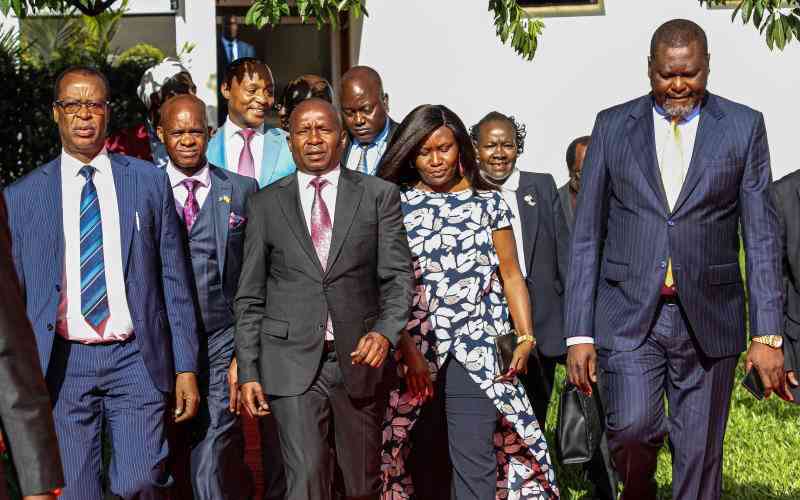- CFPB fines Equifax $15 million over errors on credit reports
- This startup plans to recycle aluminum from cars and keep it all in the U.S.
- Shocking cues: How cells harness electric fields to migrate during embryonic development
- Bioactive compounds with possible industrial applications identified in extremophilic bacteria from Andes
- 'Dog-found' truffle: Researchers and canines discover two new truffle species
What do you believe is the single most important factor driving up the cost of living in Nigeria?
Inflation happens when there is a disequilibrium between demand and supply of goods and services; it is a situation where there is a persistent increase in demand without a corresponding increase in the supply of goods and services, thereby leading to an increase in prices.
The immediate cause of global inflation can be linked to the COVID-19 lockdown, Russia/Ukraine war, and supply chain disruptions. Coming
out of the lockdown of the pandemic, there wasn’t enough supply or
infrastructure in place to match the growing global demand.
Rising costs hurts customers, it gives them low purchasing
power. Essentially, you buy less with the same amount of currency.
The Central Bank of Nigeria - CBN has increased the monetary
policy rate 3 times this year to help curb high inflation, but the
interventions are yet to show an improvement. An increase in the MPR is a contractionary
measure that helps reduce the volume of money in circulation through an
increase in interest rate.
Nigeria is currently facing severe economic challenges with
a free fall of the naira due to its devaluation and sky-rocketed inflation,
the highest in the history of the nation.
Inflation is almost 34%, making it the most significant
challenge in our dear nation. According to the Nigerian Bureau of Statistics NBS, inflation rose from 33.69% in April 2024 to 33.95% in May. Food inflation
also hit 40.66% from 40.30% within the same period.
The persistent rise in the price of goods and services can
be linked to the effects of subsidy removal, devaluation of the Naira, increment
in electricity tariff, increase in MPR (cost of capital), supply chain
disruption, global crisis, etc.
Others include insecurity (farmers and herders clash), bad roads and logistics issues leading to high cost of transportation, high cost of seedlings and farming implements, lack of assess to cheap loans by farmers to improve productivity. Due to a weakened Naira, the high cost of import to bridge the supply gap has led to an increase in price of commodities.
PAYING A LIP SERVICE TO FOOD SECURITY IN NIGERIA
The possible effect of the anticipated increase in workers' salaries will also put pressure on inflation when implemented; there will be too much money in circulation chasing a few goods. The salary increase will lead to excess money in circulation; without a corresponding increase in supply, it will lead to an increase in the price of goods and services. I hope the increase in salaries doesn’t cause inflation to spiral out of control.
How To Solve The Inflation Problem In Nigeria
Nigerian government must take the security of lives and
properties very seriously to attract foreign investments. On the fiscal policy
angle, the economy must be stimulated to increase productivity. The volatility
of the exchange rate makes it difficult for companies to plan, the CBN must
come up with immediate measures that will bring stability to the naira and
ensure our companies don’t close down.
To reduce inflation, the government must prioritize the
railway system. An improved rail transport system will ease logistics problems
and make the transportation of food items cheaper and more efficient.
The government must improve on electricity to help reduce
the huge cost spent by manufactures on diesel and generators. This would reduce
overhead and increase the profitability of manufacturers.
Government must also prioritize the agriculture sector to ensure food sustainability. Provision of modern farming equipment, single digit interest loans, good assess roads and irrigation system would increase productivity in agriculture, thereby creating employment and reducing the pressure on our forex used in importing food items.


















